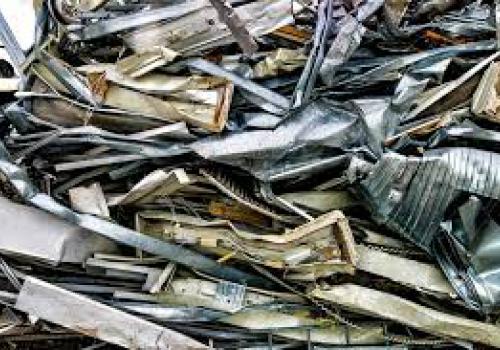Vietnam's ferrous scrap imports fell further in February, as steel mills reduced import purchases with scrap prices at multi-year highs. Imports in February dropped by 7.3pc from the previous month to 383,170t, taking January-February imports down by 11.3pc to 796,418t from a year earlier, according to Vietnam customs data. The February arrivals were mainly booked from early December to mid-January. Global scrap prices have been on a strong upwards trend since November on rising demand for scrap and finished steel products. Argus assessments for HMS 1/2 (80:20) cfr Turkey and cfr Taiwan in January rose to their highest levels since their launch in 2014 and 2016 respectively. Japan's monthly export Kanto tender result rose to 10-year high of ¥44,751/t ($410/t) for the Japanese H2 grade. This indicator of export prices in Japan involves scrapyards located in the Kanto region, with the tender participants mainly being Japanese traders.
Many Vietnamese electric arc furnace mills were under pressure to maintain profit margins during early December to mid-January when they needed to book cargoes for February arrival. Raw material costs kept increasing, but finished steel sales were sluggish as downstream buyers had little restocking requirements before the lunar new year holiday in mid-February. Some mills cut production in response to weaker sales, while most shifted away from scrap imports to domestic scrap purchases that had relatively stable pricing. Japan remained the biggest scrap supplier into Vietnam. Only imports from Japan registered an increase from the previous month among all major suppliers but still fell against a year earlier. Imports from US and Australia plummeted as deep-sea bulk cargo trade came to a standstill with prices at multi-year highs. Buyers were more cautious to purchase these cargoes, which usually require 20,000-40,000t for each shipment and around a two-month lead time. Japanese shipments need about a one-month lead time to reach Vietnam. Vietnam's scrap consumption is expected to stay at a high level on firmer steel demand in domestic and export markets. More construction projects have resumed after Covid-19 measures were relaxed in north Vietnam. Its billet exports have become more active with Chinese demand rebounding after the lunar new year holiday.
